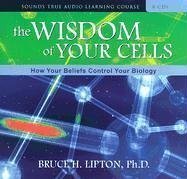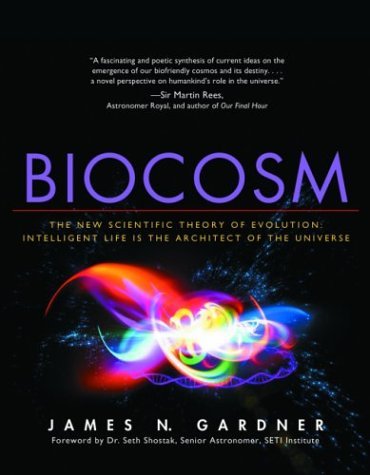
Biocentrism: How Life and Consciousness Are the Keys to Understanding the True Nature of the Universe
Book Description
What if the universe mirrors the consciousness that perceives it? In "Biocentrism," Robert Lanza unveils a revolutionary paradigm that intertwines life and awareness at the very fabric of existence. Dismissing traditional notions of time and space, this provocative exploration dares to redefine reality itself, suggesting that consciousness is not a fleeting element but the core of the cosmic equation. Through riveting insights from science and philosophy, Lanza challenges readers to reconsider their place in the grand tapestry of life. Are we mere observers of the universe, or do we shape its very essence?
Quick Book Summary
In "Biocentrism," Robert Lanza presents a groundbreaking thesis: consciousness is central to understanding the universe’s true nature. Unlike mainstream science, which sees life as an accidental byproduct of physical laws, Lanza argues that life and consciousness create reality rather than the other way around. Drawing on findings from quantum physics, biology, and philosophy, he suggests the universe does not exist independently but arises from the perceptions of conscious beings. By reevaluating concepts like space and time, Lanza pushes readers to question the very structure of existence. Thought-provoking and at times controversial, "Biocentrism" challenges readers to look beyond traditional scientific paradigms and embrace a more intimate, interconnected cosmos.
Summary of Key Ideas
Table of Contents
Consciousness as the Fundamental Reality
Robert Lanza’s thesis in "Biocentrism" is that consciousness is not a latecomer in the universe but its essential ground. He disputes the classical scientific worldview, which treats consciousness as a mere byproduct of material processes. Instead, he foregrounds awareness as the driving force that brings reality into existence. This perspective represents a radical shift, suggesting that the universe’s properties depend on the presence of observers, and questions the idea of an objective reality existing independently of observation.
The Illusion of Objective Time and Space
"Biocentrism" draws heavily on quantum physics to support its claims. Lanza discusses phenomena such as the double-slit experiment, where particles behave differently when observed. This, he suggests, implies that observation itself fundamentally affects events and outcomes at the microscopic level. Such phenomena challenge the traditional assumption that the world operates under fixed, objective rules, and instead indicate a universe in which the observer holds profound influence over physical reality.
Quantum Physics and the Role of the Observer
Crucially, Lanza tackles notions of space and time, arguing that these are not absolute entities but constructs that depend on consciousness. Through everyday analogies and experimental evidence, he highlights how our perception shapes the passage of time and the measurement of space. This departure from Newtonian physics aligns more closely with relativity and quantum mechanics, where time and space lose their independent meaning and become entangled with observership.
Redefining Life’s Place in the Universe
The book urges a revaluation of humanity’s role in the universe. Instead of being bit players on an accidental stage, conscious beings actively participate in the creation and unfolding of reality. Biocentrism dissolves the distinction between subject and object, suggesting that the separation between individuals and the cosmos is an illusion. This perspective transforms how we view life, death, and the nature of meaning itself.
Philosophical and Spiritual Implications
Finally, Lanza examines the philosophical and spiritual ramifications of biocentrism. If consciousness is fundamental, then the universe possesses an underlying unity that science and religion have long sought to describe in different ways. This worldview invites humility and interconnectedness, challenging reductionist approaches and encouraging a holistic, compassionate engagement with the world. The book leaves readers with profound questions and the invitation to explore consciousness as the true heart of existence.
Download This Summary
Get a free PDF of this summary instantly — no email required.





